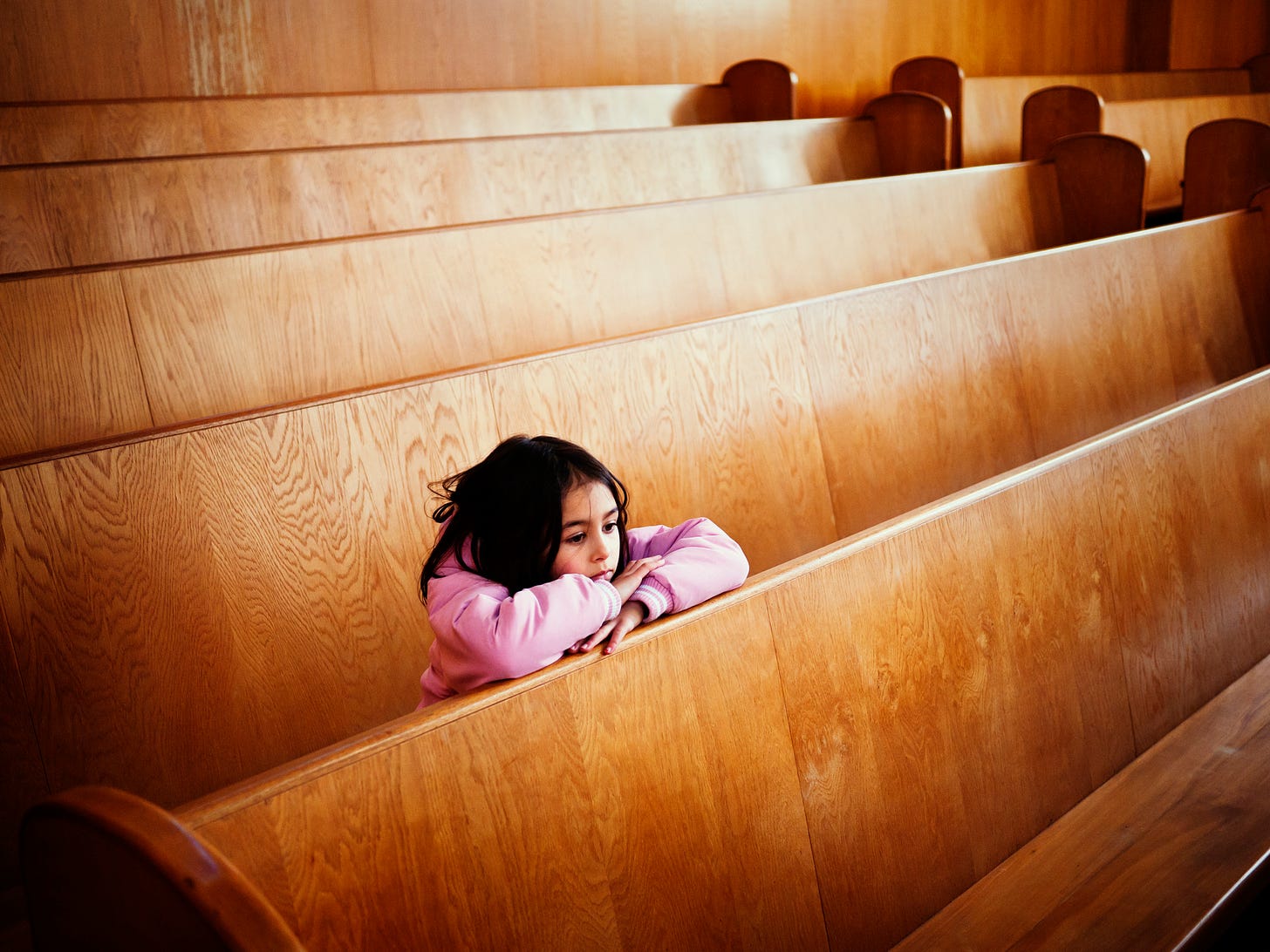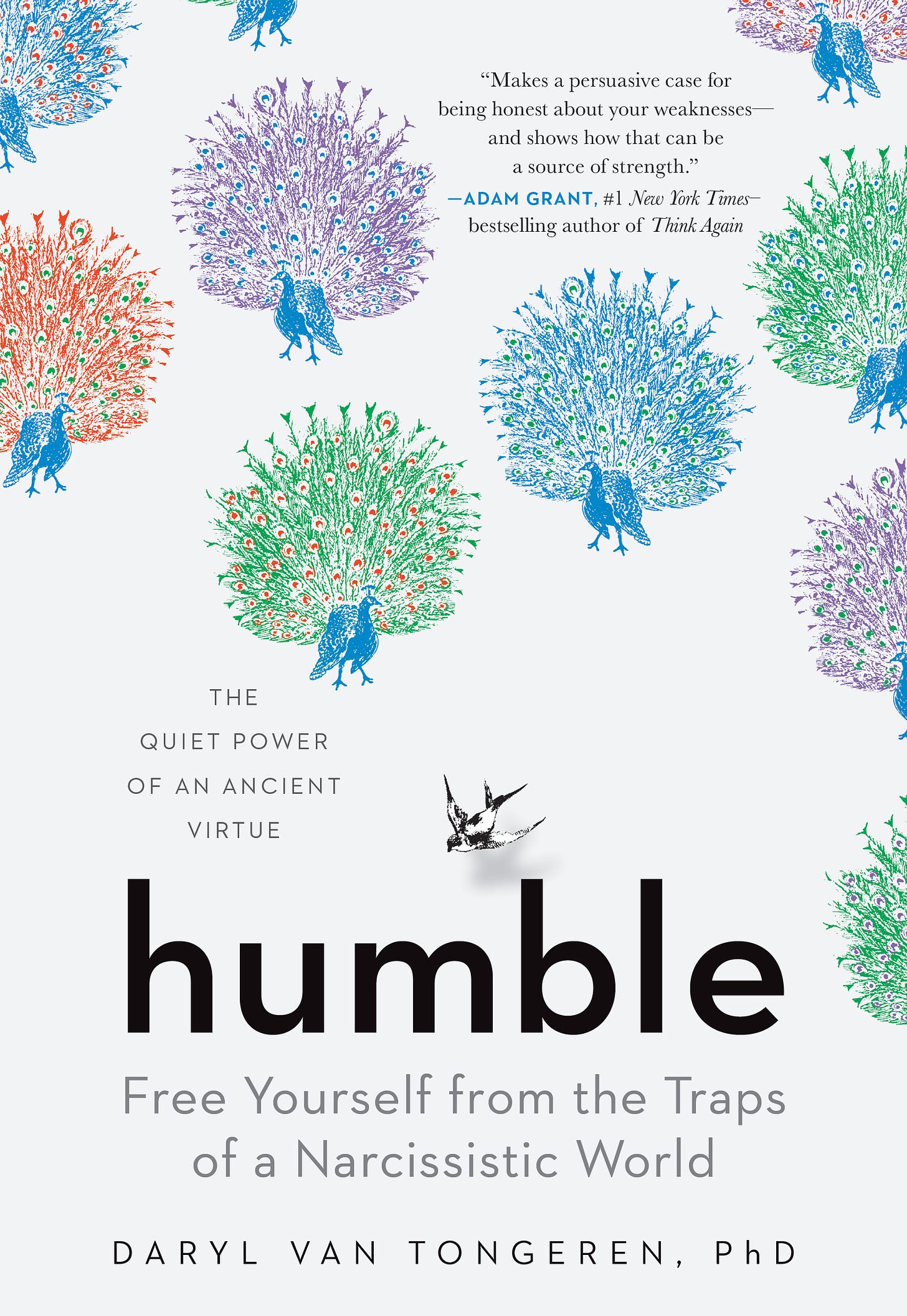You Can Take the Girl Out of Fundamentalism, But ...
...you can’t take the fundamentalism out of the girl. (Part 1 in a series about intellectual humility)
..knowledge puffs up while love builds up. Those who think they know something do not yet know as they ought to know. -1 Corinthians
I left the fundamentalism of my girlhood church when I was 17. And having closed the door on sectarian thinking and stringent purity systems, I calmly and assuredly strolled into a level of activism that involved living in a shanty towns, sneaking into CUBA (in 1989), getting arrested and even joining an armed land rights battle in Northern New Mexico all by the time I was 20. The causes were righteous, I feel no differently about that now. But the unwavering level of devotion and commitment I demanded from myself and others, the being so sure about who was right and who was wrong, who was good and who was bad - well, decades later I see how much it smacked of the same kind of arrogance and dualism I was trying hard to leave behind. I remember later on, my big sister telling me how difficult it was to be in relationship with me in those years. Why? Because I already knew everything.
All of that is to say, you can take the girl out of fundamentalism, but you can’t take the fundamentalism out of the girl.
Decades later, when I started House for All Sinners and Saints (which was always more populated by ex-evangelicals like myself than it was by “cradle Lutherans”), a member who had just recently left the Church of Christ and found herself triggered by the Christian stuff her family was posting - (stuff she used to believe herself) said “You don’t seem nearly as angry about your upbringing. When were you free from all of this?”
It took a minute for me to answer but when I did I said “I guess when I was able to look back on that upbringing and admit that there were some really beautiful parts to it and saying that didn’t feel like a betrayal of the parts of me that were wounded by the shitty stuff. That’s when I was free.”
Yes, I grew up in a church that, for instance, taught perniciously harmful things about women. AND I grew up in a church that was a tight knit community of people who saw each other several times a week, who ate in each other’s homes and cared what happened in each other’s lives. While I have healed from the former, I have yet to find a substitute for the later. Not entirely.
I mention all of this because I spent the last few days in Berkeley with the Greater Good Science Center folks as writers, journalists and researchers discussed to topic of intellectual humility.
And I was especially struck by the work of Daryl Van Tongeren (a Psychology professor at Hope College).
The following are some points from his presentation on what intellectual humility looks like:
Know ourselves—acknowledge and own our cognitive limitations and the fallibility of our beliefs
Check ourselves—restrain our ego, need for superiority, and defensiveness when sharing our viewpoints with others
Go beyond ourselves—listen, cultivate curiosity, be teachable, and seek to understand others’ viewpoints
What really got my attention was the way that Van Tongeren then spoke about his work studying people . . . well, like myself. People who leave conservative Christianity and who become equally as strident against it as they were against liberals just years earlier. Many of the people he studied seem to simply “shift the target of their vitriol”.
Listening to him and other researchers made me realize that maybe the opposite of religious fundamentalism isn’t strident atheism or liberalism. Maybe the opposite of fundamentalism is . . . humility.
“A great many people think they are thinking when they are merely rearranging their
prejudices.”—William James
I love being right. I love that shit like chocolate. But what I am trying to do these days is hold my deepest convictions with like 20% less arrogance. Wish me luck.
More soon…
Love, Nadia






Separate and distinct from my religious upbringing, this applies equally well to my feelings about my dysfunctional family of origin. With the hindsight of my 72 years, I can admit there was a lot of good with the bad, that life has plenty of both, and that no one gets out unscarred.
You put into words what I have felt for a long time but hadn’t been able to articulate. I was raised Mormon, left the church at 18. I have felt guilty about missing the sense of community, the connections, the sense of being a part of something. But yet I strongly disagree (and even hate) so much of the church’s doctrine. Thank you for showing me that I can love and be grateful for the good parts while rejecting and condemning the bad. And I probably could use more humility in general.